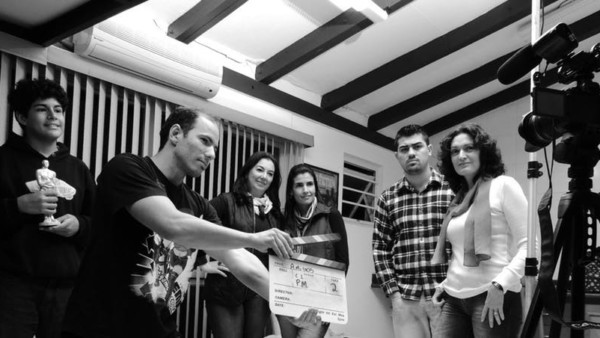The Constant Evolution of Culture Fit

While I would love it if culture fit were something very simple and static, that’s just not the case. So even after all that hard culture fit work you have done, like deeply understanding your culture, aligning it with what drives success, and fighting through things like unconscious bias, you’re still not done.
Culture is in a state of constant evolution (or, at least, it should be). Granted, culture is complex, so it doesn’t exactly turn on a dime, but as your environment shifts, so must your culture. That means that part of “culture fit” will be adapting once you’re inside.
For example, I worked with one organization who had built up a strong culture that was very focused on inclusion. In this culture, everyone had a voice. But over time, they encountered an evolutionary challenge: speed. The demand for speed in their work was increasing, but their operations were not keeping up. Part of what was slowing them down was a culture where decisions were made in large groups (this evolved from their culture of everyone having a voice). The large-group decision making was slowing them down, so they had to shift their culture. They adopted a new culture priority: in this culture, everyone has a voice, but not everyone decides.
This led them to shift their decision making and project management processes. Suddenly their decision-making meetings had only 2 or 3 people in them, rather than 5 or 6. They also focused their communications (both pre- and post-decision) based on clearer decision-making roles. The result was increased speed, though without having to give up entirely on their cultural commitment to inclusion. They just shifted it a little.
And that means those people they hired based on a cultural fit around inclusion also had to adjust a little. Culture fit is not something you do only when you bring people on board. You need to be managing it constantly and adapting by creating short-term culture priorities on an ongoing basis.
Jamie Notter is a co-founder and growth strategist at PROPEL, a coaching, consulting, and learning company helping headers integrate culture, strategy, and execution. He can be reached at jamie@propelnow.co





